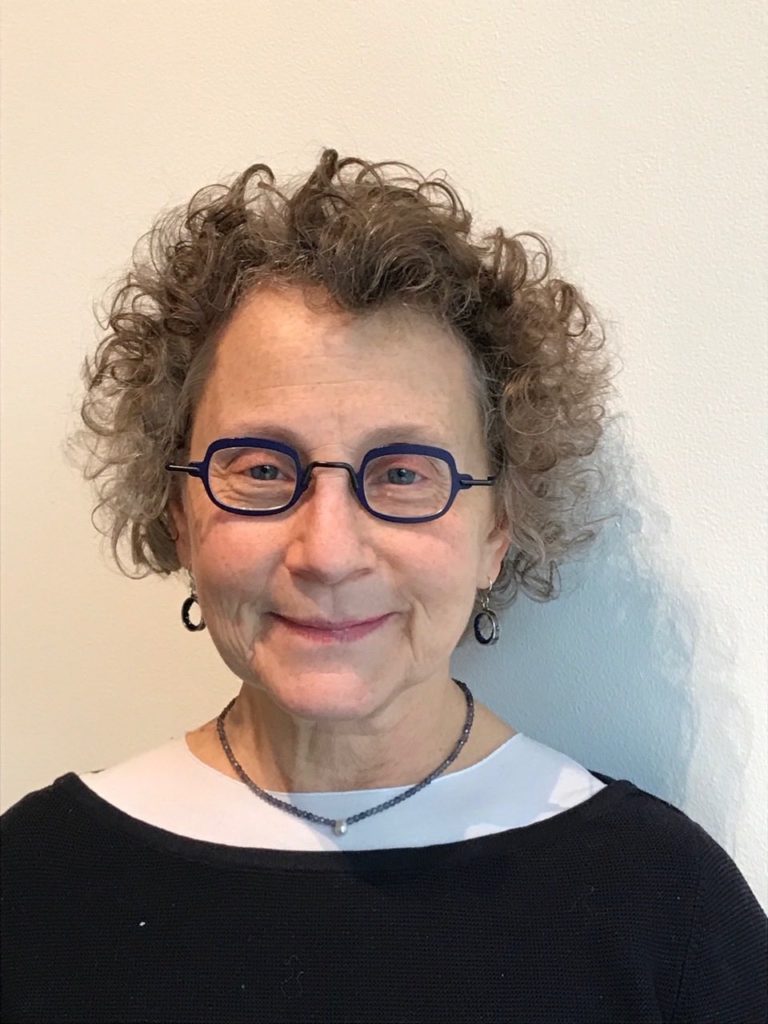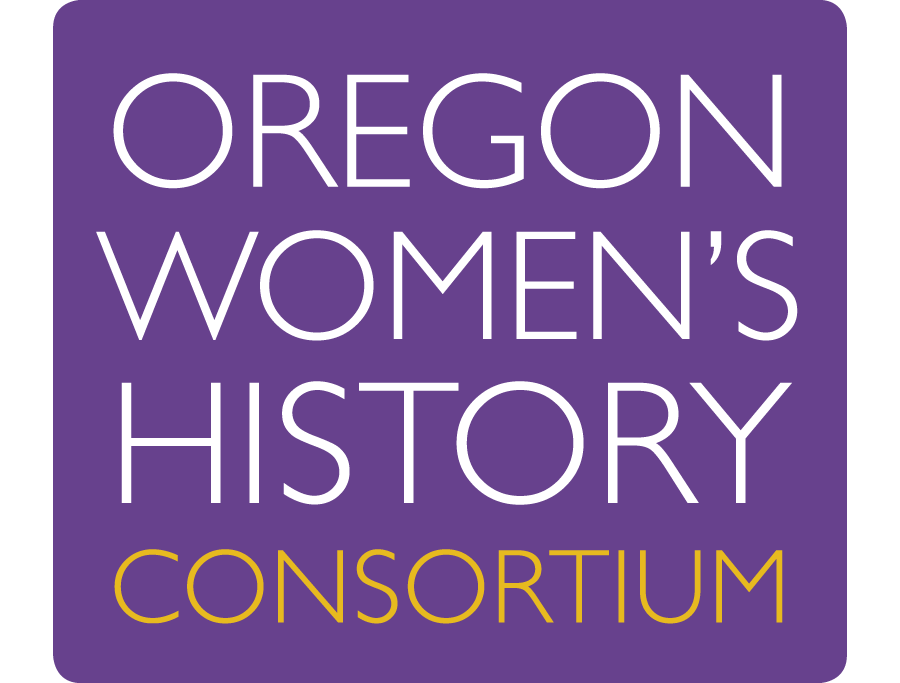
In Winter Term 2018, Amanda Lehman and Sara Madden in Professor Kimberly Jensen’s Honors Colloquium at Western Oregon University interviewed Ms. Judy Margles about the Nineteenth Amendment centenary and the importance of the vote. Margles is the Director of the Oregon Jewish Museum and Center for Holocaust Education. She connects historical events with current issues, placing voting within Jewish tradition and detailing Oregon women’s contributions to the movement. She also speaks to the energy of current social justice movements and the importance of using the vote to combat hate-based violence, discrimination, and inequality.
Q: In your view, why is voting important?
Ms. Margles: According to the Talmud, Jews are religiously obligated to follow the law of the land in which they live. This principle, called dina-de-malkhuta-dina, or “the law of the land is the law” literally makes voting an obligation under Jewish law. More generally, Jews are obligated to improve the world in which they live. For both of these reasons, I see no better way to uphold these obligations than with our votes. Voting is a duty. It is the way that every citizen can propel democratic and pluralistic principles. It has the potential to lead to real action and social transformation. If we do not stand up for our values and advance our ideas, who will?
Q: What barriers to voting have some Oregon women experienced?
Ms. Margles: Women fought for 42 years to get the right to vote. But men were the ones who had to make it happen through their votes! Which meant it took a long time: before ultimately supporting it at the ballot box, men defeated women’s suffrage five times, in 1884, 1900, 1906, 1908, 1910. Finally, in 1912, men voted 61,265 to 57,104 to give suffragists – and many Oregon women – the right to vote.
The victory, unfortunately, did not extend to all women living in Oregon. Women born in Asia and Native American women, unless married to white men, would not become full American citizens until 1924. Until 1922, federal law prevented a woman with American citizenship, who married a non-U.S. citizen, from her citizenship and right to vote.
Today, fortunately, all women living in Oregon with American citizenship have the right to vote. Barriers to equality still exist; they are just more nuanced.
Q: How have some women used the vote as a tool for social change?
Ms. Margles: In 1893 Alice Friedlander, a 17-year old suffragist, spoke at the Portland Press Club and passionately proclaimed “a woman’s golden era” – a time when “the whole great world of activity is calling upon women …[and] neither the attainable information nor skill unfits a woman for home and its sacred duties.” Or there was Josephine Hirsch, already an advocate of women’s rights, who was so dedicated to her work with the Portland Equal Suffrage League that installed “a telephone plug in every room in [Hirsch’s] mansion, so that a servant could get incoming suffrage calls to her, wherever she might be.” (I recognize that it is ironic to refer to Josephine’s servants in the context of equality.)
Yay Alice! Yay Josephine! Oregon’s pioneering suffragists set the banner high for demonstrating how women’s votes can propel change. Oregon women have been rising to the challenge ever since – in the legislature and in through lobbying – working on issues addressing gender discrimination, equal pay, citizenship, civil rights, healthcare, housing discrimination, domestic violence, family planning and many others.
Q: What additional points do you feel are important for us to consider as we commemorate the ratification of the Nineteenth Amendment?
Ms. Margles: In a 1966 speech, Senator Robert F. Kennedy said, “like it or not we live in interesting times. They are times of danger and uncertainty; but they are also more open to the creative energy of [people] than any other time in history.”
Senator Kennedy’s observations are truer than ever today. But there are many signs that American women are displaying more creative energy than ever. Movements such as #MeToo and Time’s Up, the number of women on ballots in local, state and national elections, women in leadership positions – these are positive trends for both women and men. Indeed commemorating the ratification of the Nineteenth Amendment should be triumphantly celebrated – women’s votes have made a difference.
But there is also lament – I am reminded of the bright yellow swastika defacing a public statue of Vera Katz, who served for 12 years as Portland’s mayor, or most tragically, the horrific murder of two young men who rose to the defense of two young women of color riding Portland’s light rail last May. Last month the Southern Poverty Law Center reported that violence by white-nationalist groups continues to expand in the US, and that Oregon appears to have a disproportionate number of hate-based organizations within its borders. One white nationalist in Oregon has announced his intention to run for US Senate. Voter suppression, gerrymandering of congressional districts in other states, lack of education, these are issues that have an impact on women’s access to the polls. Any of us with the opportunity to support the efforts of individuals and organizations that combat voting inequity must ourselves get out there and vote.
Even keeping in mind the separation of church and state, Jewish tradition dictates that obeying the laws of the country are obligatory, not just as citizens but as Jews. Exercising that vote is literally an obligation!
